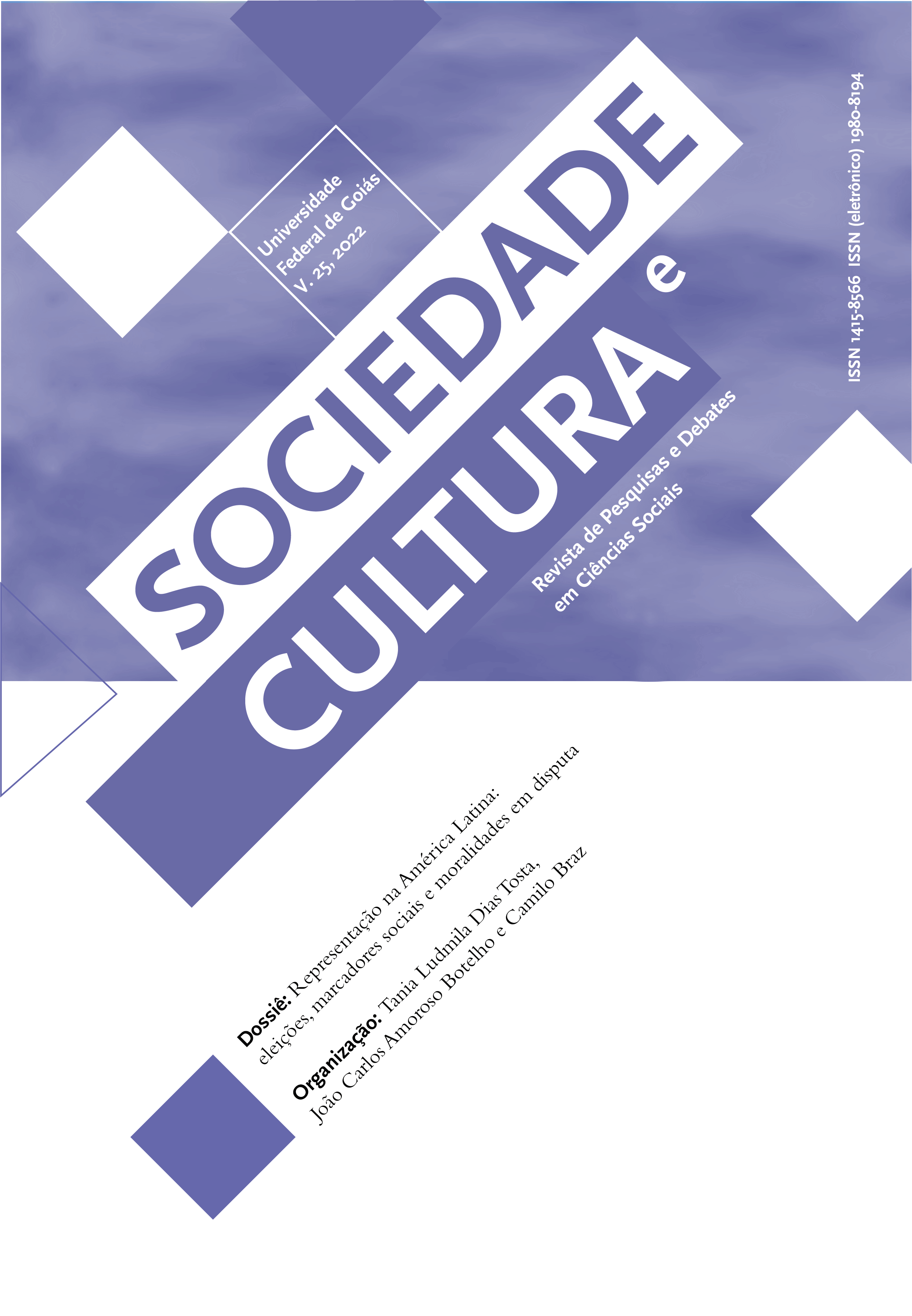Disputes about gender and sexuality: the role of progressive parliamentarians in the Chamber of Deputies in Brazil
DOI:
https://doi.org/10.5216/sec.v25.71044Abstract
The Chamber of Deputies has witnessed a conservative offensive since the mid-2000s against the rights of women and the LGBTI+ population. This article aims to discuss how progressive parliamentarians acted in the debate and processing of two bills that illustrate the dispute in that space: PL 6583/2013 (seeking to institute the Family Statute) and PL 7180/2014 (relating to the School without Party project). 294 speeches given in plenary on the projects were analyzed, as well as 294 sheets relating to statements in the commissions. The analysis shows that there are parliamentarians who acted actively in the two projects, indicating a commitment in relation to the defense of these rights; and that these deputies are from left-wing parties. In addition to the speeches, parliamentarians made maneuvers aiming at not voting on the projects, being successful in the case of the School without a Party, and being defeated with regard to the Family Statute, approved in 2015.
Downloads
Downloads
Published
How to Cite
Issue
Section
License
Copyright (c) 2022 Sociedade e Cultura

This work is licensed under a Creative Commons Attribution 4.0 International License.
Authors who publish in this journal agree to the following terms:
- Authors retain the copyright and grant the journal the right of first publication, the work being simultaneously licensed under the Creative Commons Attribution License, which allows the sharing of the work with acknowledgment of authorship and of the initial publication in this journal;
- Authors are authorized to enter into additional contracts separately, for non-exclusive distribution of the version of the work published in this journal (eg, publishing in an institutional repository or as a book chapter), with acknowledgment of authorship and of the initial publication in this journal;
- Authors are allowed and encouraged to post and distribute their work online (eg, in institutional repositories or on their personal page) at any point before or during the editorial process, as this can bring productive change as well as increases the impact and the citation of the published work (see O Efeito do Acesso Livre).



